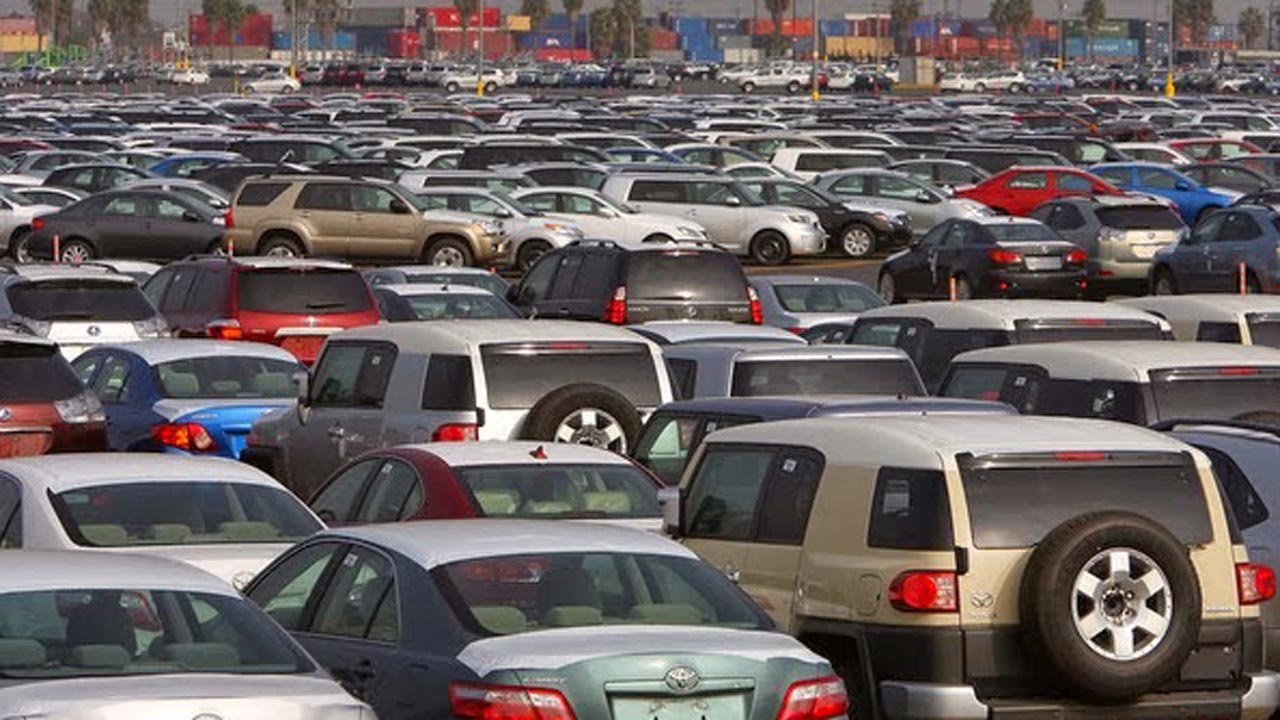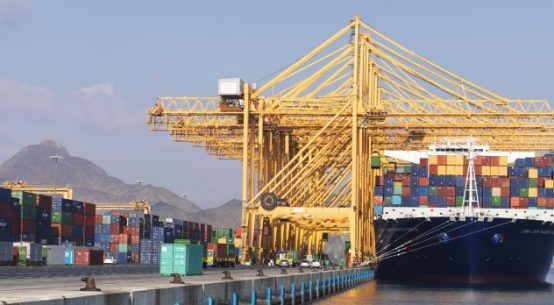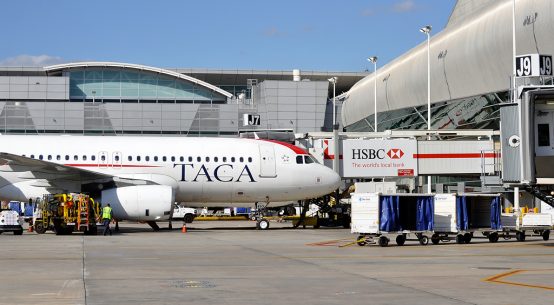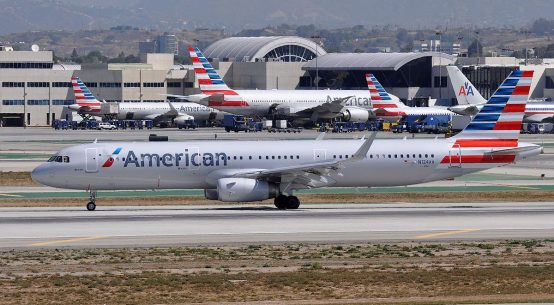
Lagos Chamber of Commerce and Industry has called for an immediate review of the nation’s automotive policy, urging the Federal Government to slash the import duty of 70 percent on new vehicles to 35 percent in order to make the vehicles affordable.
The Director-General, LCCI, Mr. Muda Yusuf, also said in a statement that the import duty on commercial vehicles and used cars should be reviewed downwards to 20 percent while importation of complete knocked-down and semi-knocked-down (auto) components should attract zero duty.
The Federal Government had raised the import duty on cars from 22 percent to 70 percent and crashed that of the SKD/CKD components in 2013 as part of a new auto policy meant to support local production of new vehicles and discourage importation of fully built automobiles.
He noted that the policy was an import substitution strategy to reduce importation of vehicles and boost the capacity of domestic vehicle assembly plants.
The LCCI DG said, “But the vehicle assemblers were as dependent on imports as the importers of vehicles. This is not in consonance with the objective of import substitution strategy, which thrives better in the context of high domestic value addition. It is in this setting that the economy could benefit from the inherent values of import substitution, which includes backward integration, multiplier effects, conservation of foreign exchange, job creation and reduction of import bills.
“But three years into the implementation of the auto policy, not much progress has been made. The affordable vehicles promised at the inception of the policy are yet to be seen. If anything, the economy had suffered incalculable consequences and shocks as the cost of vehicles has reached levels that were unprecedented in the history of the country.”
According to him, virtually all aspects of the economic and social lives have been adversely impacted by the situation, as over 90 percent of the country’s freight and human movements are done by road, which implies heavy dependence on cars, commercial buses and trucks.
Yusuf described the unintended consequences and collateral effects on the economy and welfare of citizens as immeasurable.
He said, “We have witnessed an increase in the price of vehicles by between 100 to 400 percent. A new car of 1.8-litre engine capacity now costs as high as N18m; a new car of two-liter engine capacity now costs as high as N20m; three-liter new Japanese car costs as high as N30m; a 30-seater bus costs about N45m, and 18-seater bus costs N29m.
“Not many investors and the citizens have the capacity to absorb these outrageous prices. Even high-end corporate organizations are now buying used vehicles for their organizations. The implication of the scenario for operational costs of organizations is worrisome. This scenario is most inappropriate for an economy that is heavily dependent on road transportation.”
Yusuf described the policy as detrimental to most investors in the automobile sector in Nigeria as the high cost of vehicles had created low sales and massive erosion of profit margins.
Follow us on Twitter for more Logistics News
The LCCI DG said if the recommendations made were adopted, “more jobs will be restored in the automobile industry; maritime sector activities will be boosted; car assembly plant will be better off with a zero percent duty on the SKD; the welfare effect on citizens will be positive; the political capital of government will be positively impacted; the middle class will have better access to vehicle ownership; the transportation sector will benefit tremendously; smuggling of vehicles will reduce drastically; and customs revenue from vehicle imports will improve considerably
With report from Punch








